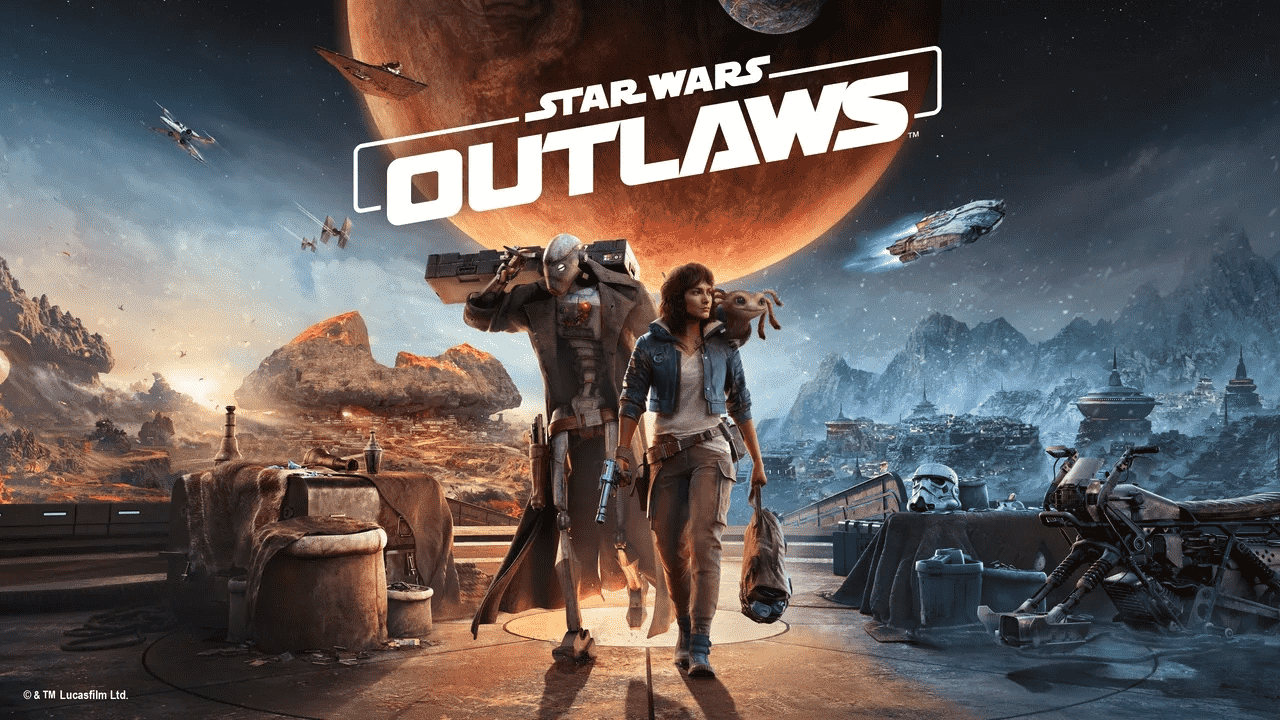Music in video games plays a crucial role in making a video game title stand out, and we often just let its value pass from one ear to another.

But today, we’re about to change all of that because we’ll be taking a deep dive into how important music is to video games. If you don’t believe that, then maybe Nintendo’s Music App will change your mind and prove to you just how powerful music’s impact can be on a person.
Let’s go ahead and start discovering music’s real worth in gaming, particularly in how it elevates a video game to new heights.
Video Game Soundtracks: Why Game Tunes Stick With Us
Music is deeply tied to memory in the human brain. Think of how hearing just a few notes from Tetris or Zelda instantly transports you back to your childhood living room. Music in video games taps into our emotional memory, making gameplay more personal and immersive.
Game developers use music to create sonic branding—those short melodies or themes you instantly recognize. Franchises like Halo, Final Fantasy, and Pokémon have cemented their place in pop culture partly due to their iconic soundtracks. Another example that comes to mind is the Persona series, with it critically acclaim musical scores, it’s understandable why the game’s tunes easily become memorable. When you hear them, you’re instantly reminded of their respective worlds.
Game Music Composition: Weaving a Memorable Narrative Using Music
While visuals and dialogue play obvious roles in storytelling, music in video games adds emotional depth. A great score can elevate an average cutscene into a tearjerker—or build tension before a major boss fight.
In Red Dead Redemption 2, for example, the music subtly shifts based on the narrative arc. A quiet guitar melody signals reflection or loss, while intense orchestration builds during shootouts and chases. This use of dynamic music gives emotional weight to gameplay and makes the world feel alive and responsive.
Great Sound Design in Video Games Amps Up a Player's Immersion and Gameplay
Beyond storytelling, music in video games can impact how we play. In rhythm games like Beat Saber or Guitar Hero, music is the gameplay.
But even in non-rhythm titles, music drives pacing and tension. In horror games like Resident Evil or Silent Hill, eerie soundscapes create a sense of unease, tricking your brain into staying on high alert.
Conversely, upbeat and fast-paced music in platformers like Celeste or Sonic the Hedgehog encourages energetic gameplay and quick reactions.
Games also often use adaptive music engines—dynamic systems that change the music in real-time based on what the player is doing. This creates a seamless, reactive soundtrack that heightens immersion.
Having Unique Musical Tracks and Elements Makes a Game Shine
With thousands of games released every year, standing out is tough. But a powerful, unique soundtrack can make all the difference. Critics and fans often cite music as a key reason for loving a game. Just look at the acclaim received by games like Undertale, where the music became a viral hit and inspired endless remixes and fan content.
Indie games especially rely on music to differentiate themselves. Titles like Hyper Light Drifter, Journey, and Hollow Knight gained massive followings thanks in part to their atmospheric, emotionally charged soundtracks. In many ways, music in video games is what transforms a project into a phenomenon.
Here’s a video that briefly showcases how music for video games is made:
Adopting Global Influence and Cultural Fusion
Modern games are embracing music from diverse genres and cultures. From the Afrobeat rhythms in Spider-Man: Miles Morales to Japanese Taiko drums in Ghost of Tsushima, music is becoming a bridge to explore different cultures.
Music in video games helps introduce players to sounds they might not otherwise hear, enriching both the gaming and cultural experience. It’s a subtle form of education, wrapped in entertainment.
The Rise of Game Soundtracks as Standalone Art
Another testament to the power of music in video games is how many soundtracks are now sold or streamed independently. Fans buy vinyl editions, attend game-music concerts, and stream soundtracks on platforms like Spotify and YouTube.
Games like NieR: Automata or Ori and the Blind Forest have soundtracks so beloved that they stand on their own, often winning awards or topping music charts. You can also include Doom 2016 and Doom Eternal in here because a lot of people are unironically listening to their heavy guitar riffs and drums while pumping iron in the gym. This crossover appeal shows just how powerful video game music can be.
Music in Video Games Is the Missing Note That Pleased the Lord
In the end, music in video games is more than an accessory—it’s an essential part of the experience. It shapes how we feel, how we play, and how we remember. As technology advances and game development continues to grow more ambitious, the role of music will only become more central.
Next time you boot up a game, take a moment to really listen. That melody in the background? It’s doing more than you think.
Be sure to read our other feature articles to keep up with what’s hot and what’s not in the gaming world. Also, check out our gaming news section and find out Cyberpunk: Edgerunners Season 2 is now in production!
Stay tuned and catch the gaming current with GameEels!






